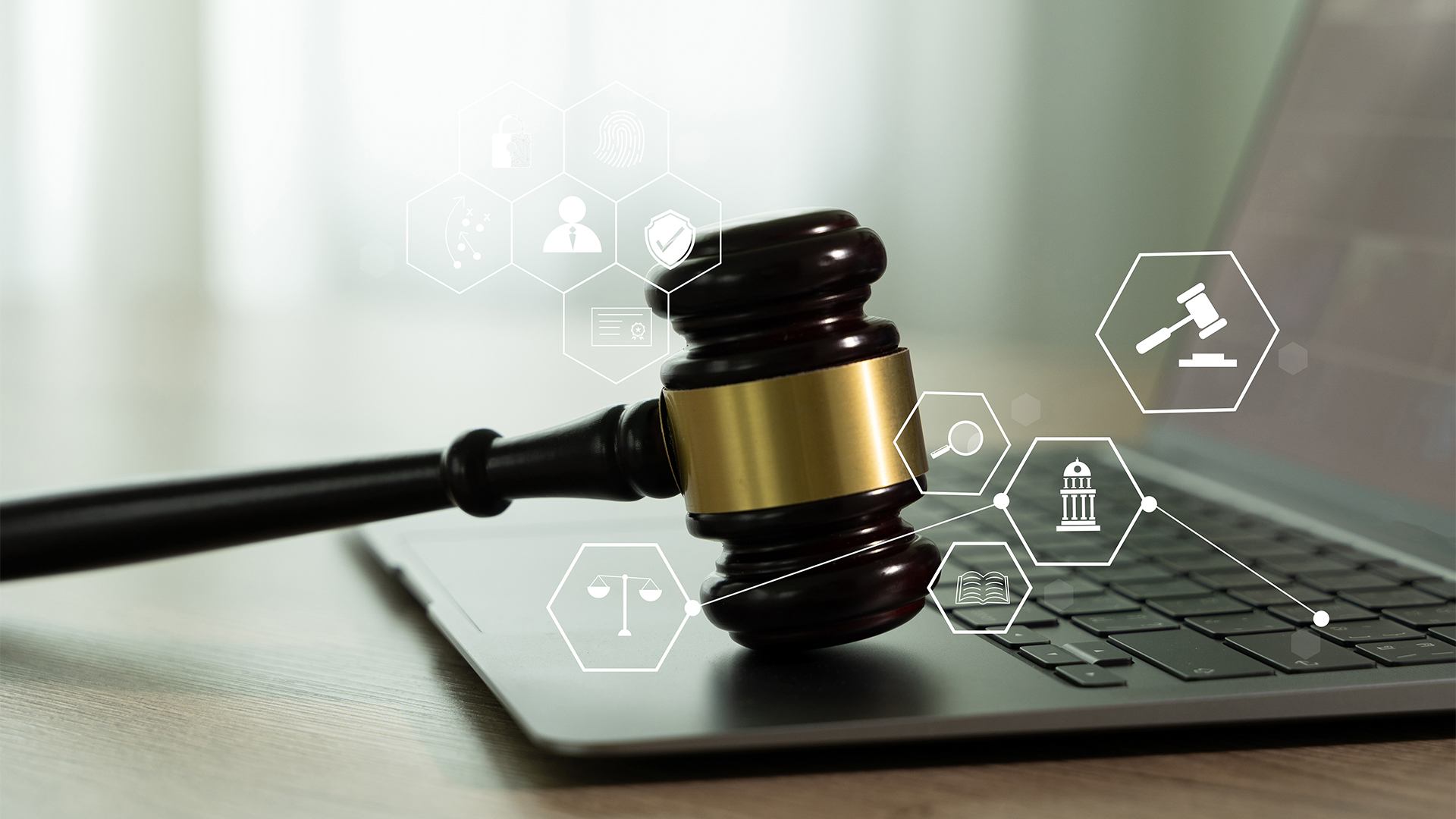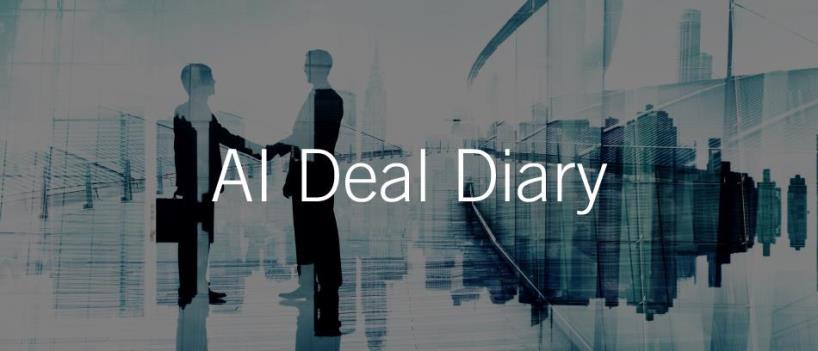
The 2023 National Cyber Security Centre (NCSC) report highlights the UK legal sector’s vulnerability due to a failure to: “maintain appropriate cyber security measures which can have exceptionally negative consequences for a legal practice and its clients“.
It was reported that 65% of UK law firms have experienced cyberattacks. Cyberattacks against UK law firms have surged by 77% in 2024, reaching 954 incidents, which is up by 538 compared to 2023 figures.
Another report found that 72% of UK law firms have employee passwords exposed on the dark web. Exposing passwords on the dark web is a serious security risk. Hackers can purchase these passwords and use them to gain unauthorised access to law firms’ systems. Once inside, they can steal sensitive data, deploy ransomware, or disrupt operations.
The NCSC has confirmed that 80% of UK law firms have faced phishing attacks in the past year. Phishing attacks are a common tactic used by cybercriminals to trick victims into revealing personal information or clicking on malicious links. These links can then be used to install malware on a victim’s device or steal their login details. It is important for law firms respect these threats and take steps to mitigate them.
A 2024 report revealed that hackers have extorted payments from UK law firms eight times in six years, compromising nearly three million records in 138 ransomware attacks. Ransomware attacks involve cybercriminals exploiting security vulnerabilities to seize control of systems and demand payments in cryptocurrency. Law firms, due to the sensitive nature of the data they handle, are prime targets for such attacks.
What is causing these issue?
The ongoing increase in cyberattacks suggests a lack of urgency for law firms addressing these issue. Despite numerous warnings and reports highlighting the increasing vulnerability of law firms, the frequency and severity of these attacks continue to escalate.
Despite this, top UK law firms increased their cybersecurity spending in 2023: the top 10 firms, increase their spending by 21%, mid-tier firms increased theirs to 41%, and smaller firms by 67%. As good as the increase spend is, these firms need to be encouraged to conduct further analysis to gain a understand the effectiveness of their investments.
By doing so, they’d be able to evaluate the relevancy of their cybersecurity solutions against their specific needs, train their employees on the best cybersecurity practices and develop a comprehensive incident response plan to mitigate the impact of attacks.
Why is cybersecurity so difficult for the legal sector?
Medium-sized law firms that are often overlooked in cybersecurity discussions, are increasingly targeted and rely on external IT providers, making it harder to assess security controls.
Nevertheless, various resources, such as the NCSC’s Cyber Essentials scheme, can assist law firms in implementing essential technical controls to mitigate common cyber threats.
These programs should prioritise training, promote a vigilant culture that frequently engage with tech updates, and explore the likes of edge architecture.
Edge computing, which brings computing closer to their data sources, offers several security benefits.
- Edge computing reduces attack surface by decentralising data.
- By keeping sensitive data closer to its source, edge computing can significantly enhance data privacy and security, reducing the risk of unauthorised access or breaches.
- Edge computing improves remote work security by enabling secure access.
- Edge computing speeds up cloud backups and disaster recovery.
- As law firms increasingly adopt IoT devices, edge computing can enhance the security of these devices, preventing them from becoming entry points for cyberattacks.
Given the highly sensitive nature of the information that legal firms handle, including confidential client data, commercially sensitive information, and often highly personal details, they continue to be a prime target for cybercriminals. These malicious actors are constantly seeking opportunities to exploit vulnerabilities in legal firms’ digital infrastructure. To safeguard their sensitive data and maintain client trust, it is imperative that these firms extend their cybersecurity considerations to encompass every aspect of their digital infrastructure.
This includes not only their internal systems and networks but also the external systems and services that they rely upon, such as cloud-based applications and third-party service providers. By adopting a comprehensive approach to cybersecurity, legal firms can significantly reduce their risk of falling victim to cyberattacks and protect the confidentiality and integrity of their clients’ information.
PlatformEDGE™ integrates a colocation centre, connectivity, and distributed computing, enabling legal practices




















